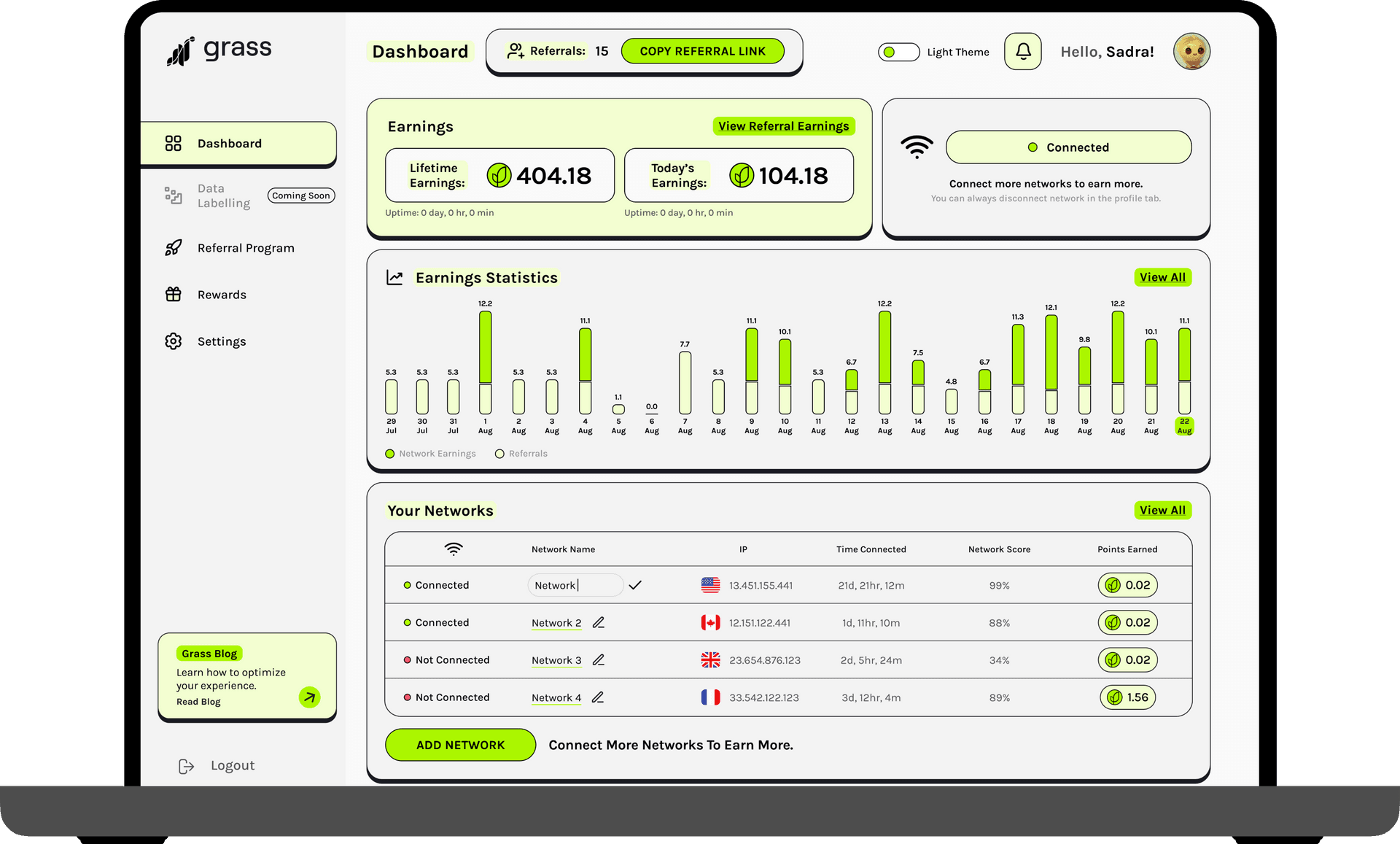FREEWRITING by Peter Elbow
Excerpted from Writing Without Teachers. New York: Oxford UP, 1973, 1-7.
The most effective way I know to improve your writing is to do freewriting exercises
regularly. At least three times a week. They are sometimes called "automatic writing,"
"babbling," or “jabbering" exercises. The idea is simply to write for ten minutes (later on,
perhaps fifteen or twenty). Don't stop for anything. Go quickly without rushing. Never
stop to look back, to cross something out, to wonder how to spell something, to wonder
what word or thought to use, or to think about what you are doing. If you can't think of
a word or a spelling, just use a squiggle or else write "I can't think what to say, I can't
think what to say" as many times as you want; or repeat the last word you wrote over
and over again; or anything else. The only requirement is that you never stop.
What happens to a freewriting exercise is important. It must be a piece of writing
which, even if someone else reads it, doesn't send any ripples back to you. It is like
writing something and putting it in a bottle in the sea. Freewritings help you by
providing no feedback at all. When I assign one, I invite the writer to let me read it, but
also tell him to keep it if he prefers.
Here is an example of a fairly coherent exercise (sometimes they are very incoherent,
which is fine):
I think I'll write what's on my mind, but the only thing on my mind right now
is what to write for ten minutes. I've never done this before and I'm not
prepared in any way--the sky is cloudy today, how's that? now I'm afraid I
won't be able to think of what to write when I get to the end of the sentence--
well, here I am at the end of the sentence--here I am again, again, again,
again, at least I'm still writing--Now I ask is there some reason to be happy
that I'm still writing--ah yes! Here comes the question again--What am I
getting out of this? What point is there in it? It's almost obscene to always ask
it but I seem to question everything that way and I was gonna say something
else pertaining to that but I got so busy writing down the first part that I
forgot what I was leading into. This is kind of fun oh don't stop writing--cars
and trucks speeding by somewhere out the window, pens clittering across
peoples' papers. The sky is still cloudy--is it symbolic that I should be
mentioning it? Huh? I dunno. Maybe I should try colors, blue, red, dirty
words--wait a minute--no can't do that, orange, yellow, arm tired, green pink
violet magenta lavender red brown black green--now I can't think of any
more colors--just about done--relief? maybe.
Freewriting may seem crazy but actually it makes simple sense. Think of the
difference between speaking and writing. Writing has the advantage of permitting more
editing. But that's its downfall too. Almost everyone interposes a massive and
complicated series of editings between the time the words start to be born into
consciousness and when they finally come of the end of the pencil or typewriter onto
the page. This is partly because schooling makes us obsessed with the "mistakes" we
make in writing. Many people constantly think about spelling and grammar as they try
to write. I am always thinking about the awkwardness, wordiness, and general
mushiness of my natural verbal product as I try to write down words.
But it's not just "mistakes" or "bad writing" we edit as we write. We also edit
unacceptable thoughts and feelings, as we do in speaking. In writing there is more time
to do it so the editing is heavier: when speaking, there's someone right there waiting for
a reply and he'll get bored or think we're crazy if we don't come out with something.
Most of the time in speaking, we settle for the catch-as-catch-can way in which the
words tumble out. In writing, however, there's a chance to try to get them right. But the
opportunity to get them right is a terrible burden: you can work for two hours trying to
get a paragraph "right" and discover it's not right at all. And then give up.
Editing, in itself, is not the problem. Editing is usually necessary if we want to
end up with something satisfactory. The problem is that editing goes on at the same time
as producing. . . .
The main thing about freewriting is that it is nonediting. It is an exercise in
bringing together the process of producing words and putting them down on the page.
Practiced regularly, it undoes the ingrained habit of editing at the same time you are
trying to produce. It will make writing less blocked because words will come more
easily. . . .
Next time you write, notice how often you stop yourself from writing down
something you were going to write down. Or else cross it out after it's been written.
"Naturally," you say, "it wasn't any good." But think for a moment about the occasions
when you spoke well. Seldom was it because you first got the beginning right. Usually
it was a matter of a halting or even a garbled beginning, but you kept going and your
speech finally became coherent and even powerful. There is a lesson here for writing:
trying to get the beginning just right is a formula for failure--and probably a secret tactic
to make yourself give up writing. Make some words, whatever they are, and then grab
hold of that line and reel in as hard as you can. Afterwards you can throw away lousy
beginnings and make new ones. This is the quickest way to get into good writing.
The habit of compulsive, premature editing doesn't just make writing hard. It
also makes writing dead. Your voice is damped out by all the interruptions, changes,
and hesitations between the consciousness and the page. In your natural way of
producing words there is a sound, a texture, a rhythm--a voice--which is the main
source of power in your writing. I don't know how it works, but this voice is the force
that will make a reader listen to you. Maybe you don't like your voice; maybe people
have made fun of it. But it's the only voice you've got. It's your only source of power.
You better get back into it, no matter what you think of it. If you keep writing in it, it
may change into something you like better. But if you abandon it, you'll likely never
have a voice and never be heard.


